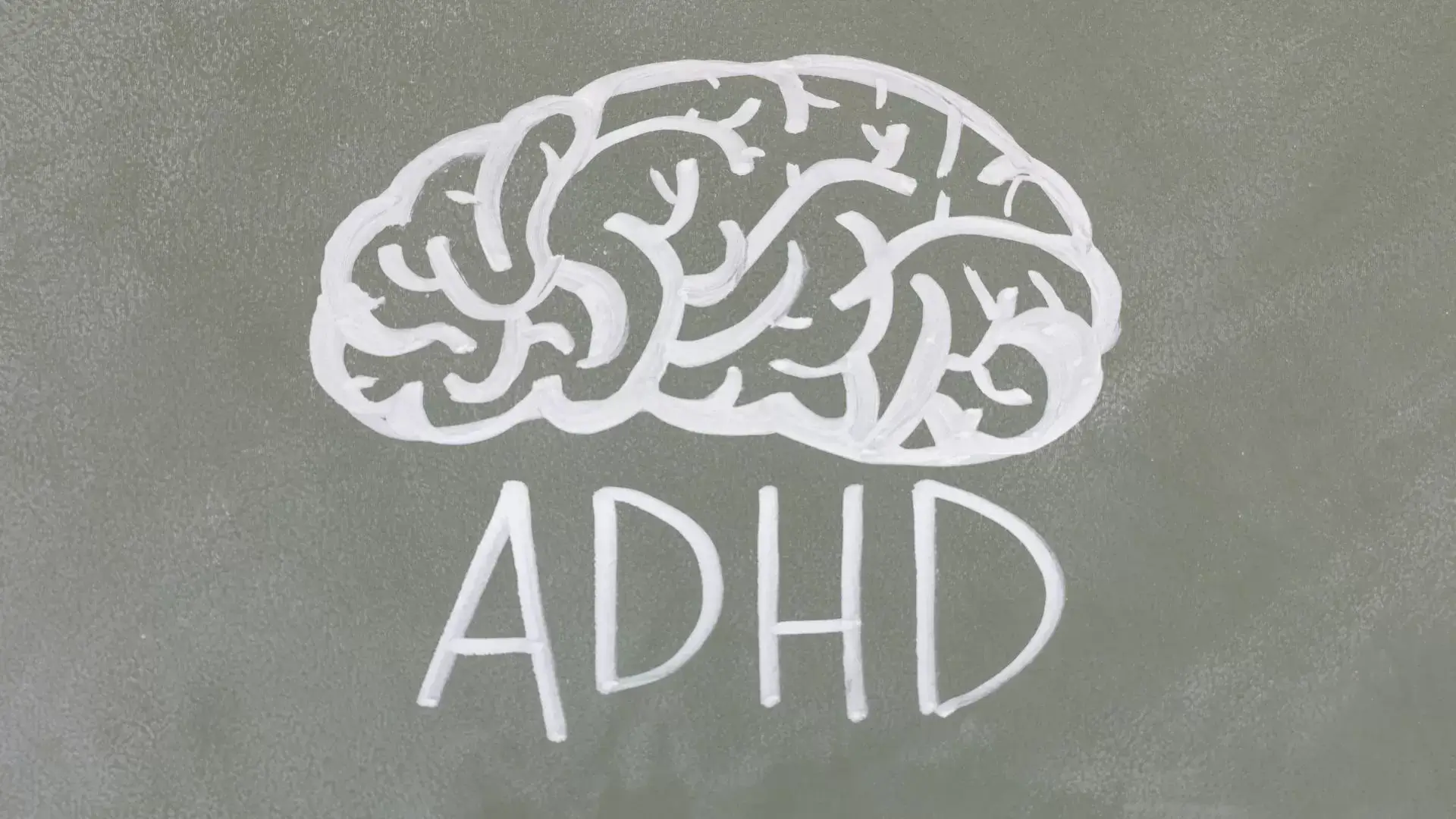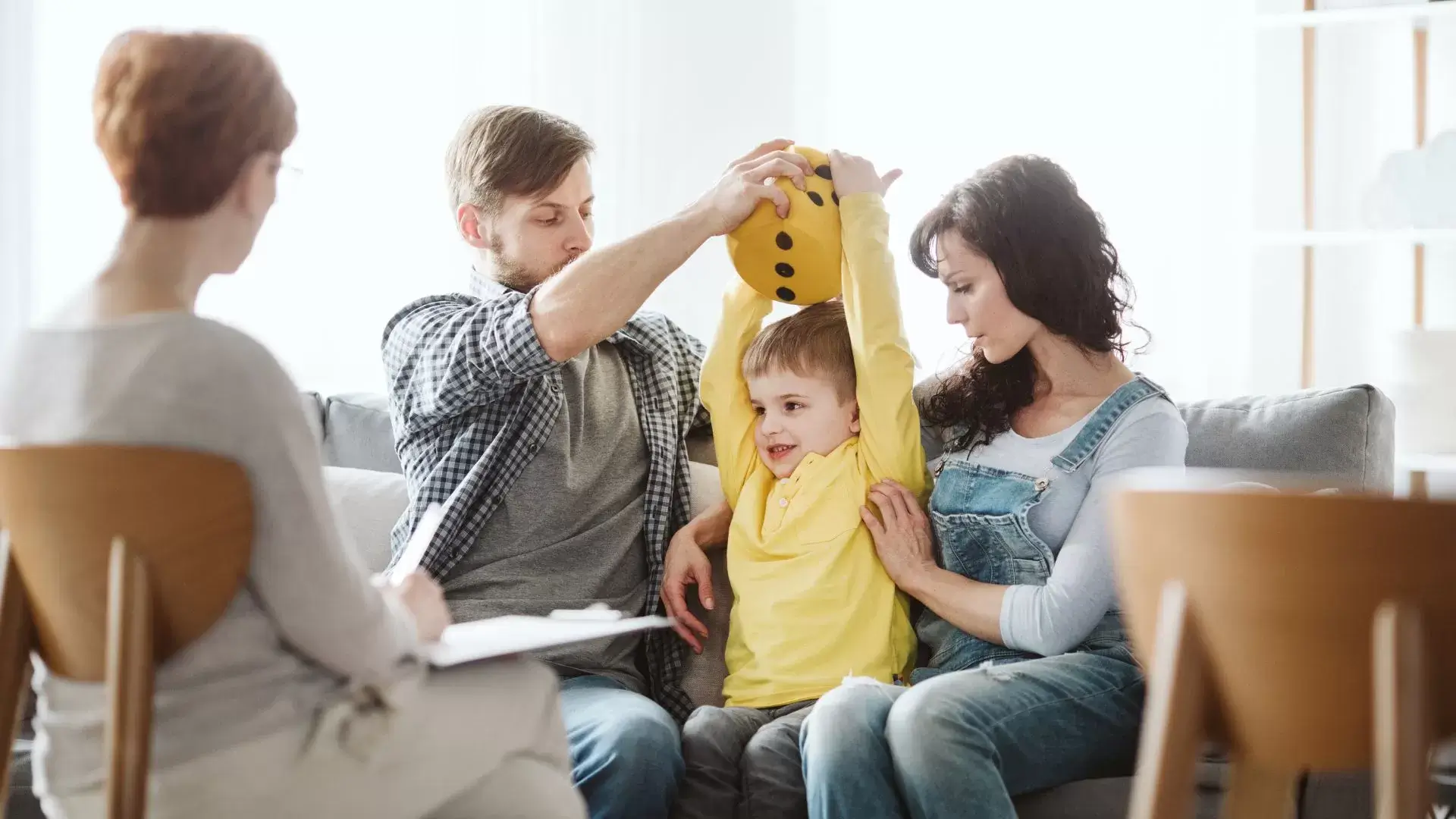As we navigate the complexities of recognizing and managing ADHD in toddlers, it’s essential to understand the early signs that may indicate a need for further evaluation. We understand that behaviors like persistent hyperactivity and impulsivity can be concerning, yet distinguishing these from typical toddler antics can be challenging. By collaborating with professionals and observing our little ones in various settings, we can better tailor our approach. But what happens when we start labeling these behaviors? The implications can be profound, and it’s worth considering how we can best support our children through this journey.
About Oakville Psychotherapist
As a team of dedicated professionals in Oakville, we grasp the unique challenges families face when recognizing and managing ADHD in toddlers. The role of an Oakville psychotherapist is crucial in this process. Our team specializes in providing tailored support to meet the specific needs of young children and their families.
Located at 243 North Service Rd W #106F, Oakville, ON L6M 3E5, we offer a welcoming environment where parents can feel at ease discussing their concerns. We recognize that ADHD can manifest in various ways, often leading to confusion and frustration for families.
Our approach focuses on comprehending each child’s individual behaviors, strengths, and challenges. We utilize evidence-based strategies to guide parents through effective management techniques. By fostering a collaborative relationship, we empower families with the tools they need to support their toddlers’ development.
If you have questions or need support, don’t hesitate to reach out to us at (647) 360-5880. We’re here to help you navigate this journey and guarantee that your child has the best possible start in life. Together, we can make a difference.
Can ADHD Be Diagnosed in Toddlers? Understanding the Possibilities
Recognizing the signs of ADHD in toddlers can be challenging, but understanding the diagnostic possibilities helps families take the first steps toward effective support and management. While ADHD is often diagnosed in older children, we understand that its symptoms can manifest much earlier. It’s vital to remember that toddlers naturally exhibit high energy levels and impulsivity. However, when these behaviors considerably disrupt daily activities or relationships, it may indicate a deeper concern.
We must carefully observe our toddlers in various settings, noting patterns of behavior. Factors like attention span, activity levels, and emotional regulation play a fundamental role in our assessments. While a formal diagnosis at this young age is rare, professionals can provide insights and recommendations based on our observations.
It’s also important to engage with pediatricians and child psychologists who specialize in early childhood development. They can guide us in understanding our child’s behavior and offer strategies for managing daily challenges. By staying informed and proactive, we can create a supportive environment that promotes our toddlers’ growth, regardless of whether they receive an ADHD diagnosis. Ultimately, our goal is to guarantee they thrive emotionally and developmentally.

A Step-by-Step Guide to the Diagnostic Process for Toddlers with ADHD
Guiding the diagnostic process for toddlers with ADHD requires a thoughtful approach that emphasizes observation, collaboration, and professional guidance. First, we should start by observing the child in various settings. Noting their behavior at home, in daycare, and during playdates helps us gather a detailed view of their actions and interactions.
Next, we collaborate with caregivers and educators to share insights and concerns. This communication allows us to create a more accurate picture of the child’s behavior over time.
Once we’ve collected enough information, we can consult a pediatrician or a child psychologist who specializes in ADHD. They’ll likely conduct standardized assessments and may involve questionnaires for parents and teachers to evaluate symptoms according to established criteria.
After the evaluation, we should discuss the findings together, making sure we comprehend the diagnosis and what it means for our child’s development. Finally, we can explore appropriate interventions and support strategies tailored to the child’s needs, fostering an environment that promotes their growth and well-being. By taking these steps, we can guarantee a thorough and compassionate approach to understanding ADHD in our toddlers.

The Debate Over ADHD Overdiagnosis in Young Children: What Parents Should Know
Understanding the diagnostic process for ADHD in toddlers naturally leads us to reflect on the ongoing debate surrounding its potential overdiagnosis, a concern that many parents grapple with today. As we navigate this complex issue, we may feel a mix of confusion and apprehension about whether our child truly has ADHD or if they’re simply exhibiting typical toddler behavior.
Experts argue that increased awareness and better diagnostic criteria may lead to more accurate diagnoses. However, some caution that the pressures of early academic expectations can prompt hasty conclusions. We should remember that toddlers are naturally energetic, curious, and sometimes impulsive, which can be misinterpreted as symptoms of ADHD.
It’s vital for us to evaluate multiple perspectives. Engaging with healthcare providers, educators, and other parents can help us gather information and discern what’s best for our child. We must weigh the benefits of early intervention against the potential risks of labeling a child too soon. Ultimately, staying informed and advocating for our child’s well-being is essential. By doing so, we can guarantee that our approach to ADHD remains thoughtful and tailored to our child’s unique needs.

The Impact of Labeling a Toddler with ADHD: Helpful Guidance or Potential Harm?
Labeling a toddler with ADHD can feel like a double-edged sword; while it may provide clarity and direction for parents, it also carries the risk of imposing limiting beliefs on a young child’s potential. When we label a child, we often unknowingly box them in, creating expectations that may not align with their unique abilities. It’s essential to balance the benefits of understanding ADHD with the awareness that labels can shape perceptions—both ours and the child’s.
On one hand, a diagnosis can lead to early interventions and support, helping us tailor strategies that cater to a child’s needs. It can offer a sense of community among parents facing similar challenges. However, we need to be cautious about the implications of that label. If we focus solely on the diagnosis, we might overlook a child’s strengths and individuality.
To navigate this terrain, we should approach labeling thoughtfully. Let’s endeavor to foster an environment that encourages growth and exploration. By emphasizing a child’s strengths while acknowledging their challenges, we can provide a more balanced perspective, ensuring they don’t feel confined by a label but instead empowered to thrive.
Early Indicators of ADHD in Toddlers: What Parents Should Watch For
As we consider the implications of labeling a toddler with ADHD, it’s important to recognize the early signs that can help us identify potential challenges and provide timely support. One of the first indicators we might notice is a persistent level of hyperactivity that seems excessive for their age. If our little ones struggle to sit still, even during quiet activities, it can be a red flag.
Additionally, we should pay attention to their attention span. If they frequently seem unfocused or easily distracted, even by minor stimuli, it might suggest underlying issues. Impulsivity is another key sign; if our toddlers often act without thinking, interrupt conversations, or have difficulty waiting their turn, we should take note.
Emotional regulation can also be a concern. Frequent tantrums or extreme reactions to minor setbacks may indicate challenges with managing emotions. Finally, if they struggle with following simple instructions or completing tasks, these could be early indicators as well. By being observant and proactive, we can better understand our child’s needs and pave the way for appropriate support.
Seek Help from Our Registered Psychotherapists
When we notice signs of ADHD in our toddlers, seeking help from registered psychotherapists in Oakville can provide valuable insights and tailored strategies to support our child’s development. These professionals specialize in understanding the complexities of ADHD and can guide us through the challenging waters of parenting a child with attention difficulties.
By working with a registered psychotherapist, we can gain a clearer understanding of our child’s unique behaviors and needs. They employ various assessments to identify specific challenges and strengths, allowing us to create a customized plan that promotes positive behavior and emotional regulation.
Moreover, these experts offer us coping strategies for managing daily situations, helping us foster a supportive environment at home. They can also educate us about ADHD, demystifying the condition and alleviating our concerns.
Collaboration with a registered psychotherapist isn’t just beneficial for our child; it’s also a way for us to better understand our parenting role. It builds our confidence and equips us with tools to advocate effectively for our child’s needs in different settings, like school or playgroups. Seeking help isn’t just a step; it’s a proactive journey towards nurturing our child’s potential.



